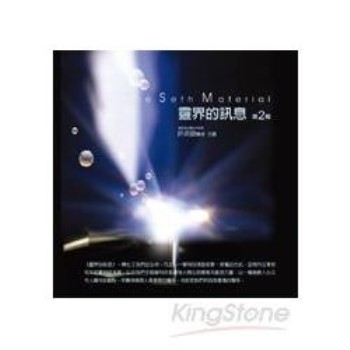This book’s main objective is to determine the role, if any, the Shanghai Cooperation Organization (SCO) plays in de-escalating tensions among its members.
It argues that the SCO is uniquely suited to keep its disparate members, many of whom have border disputes with each other, from escalating tensions among themselves. The book proposes a rivalry de-escalation model that differs from the standard belief that rivalries de-escalate due to a shock or external pressure. This model states that trust can be built between two rival states when confidence-building measures are instilled and utilized repeatedly over a long period of time. The SCO provides these mechanisms in the form of annual summits between state leaders and routine military exercises involving military units from every member. Examining three case studies involving the founding six members of the organization, the book argues that the SCO is effective in keeping rivalries de-escalated among its members.
This book will be of much interest to students of Asian politics, regional security, and international relations.












